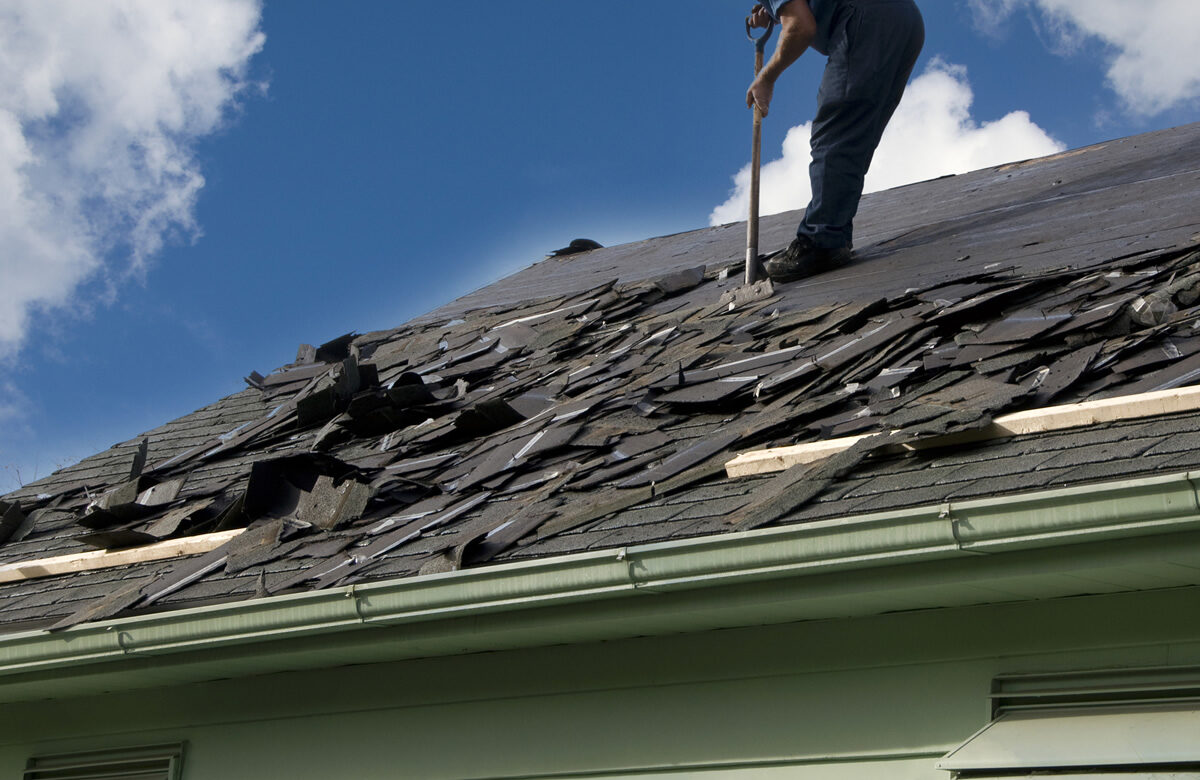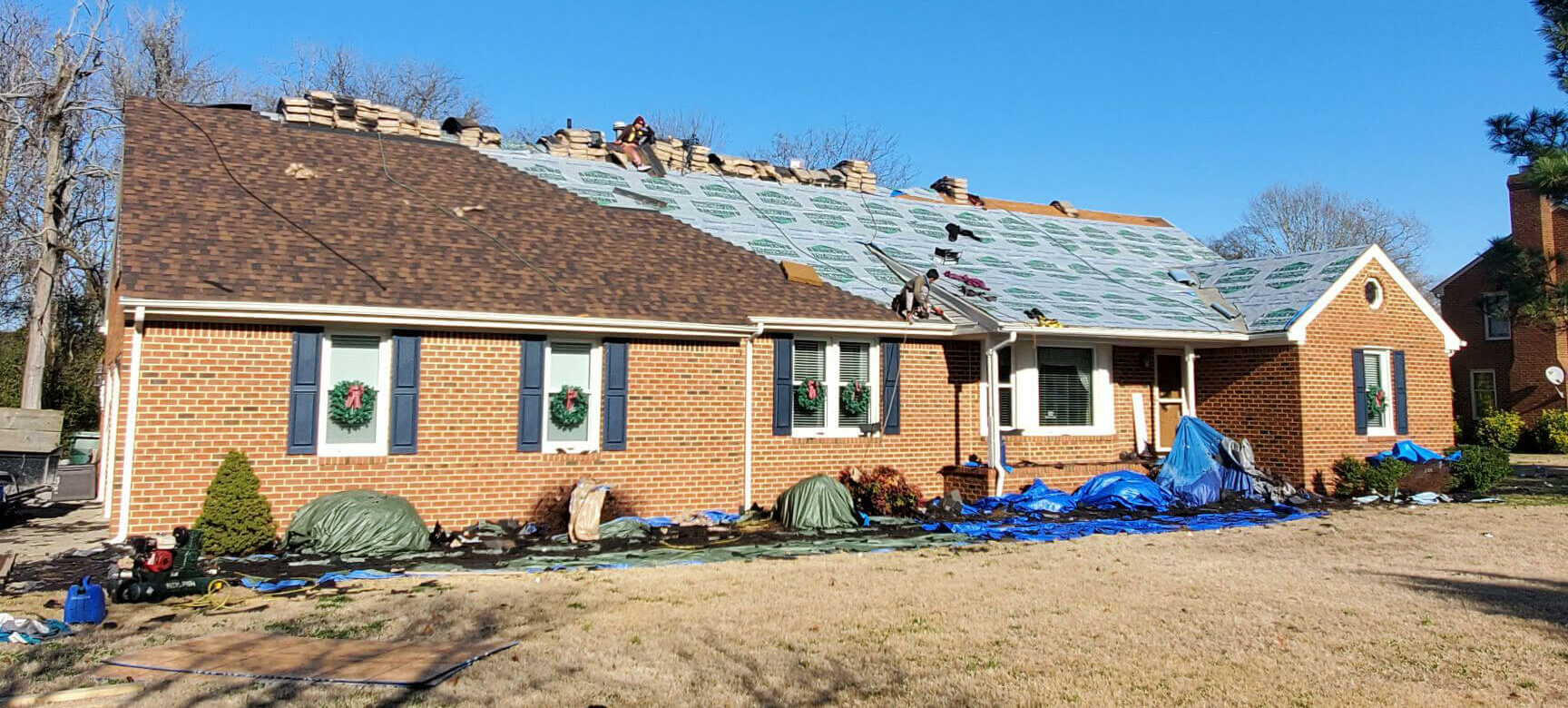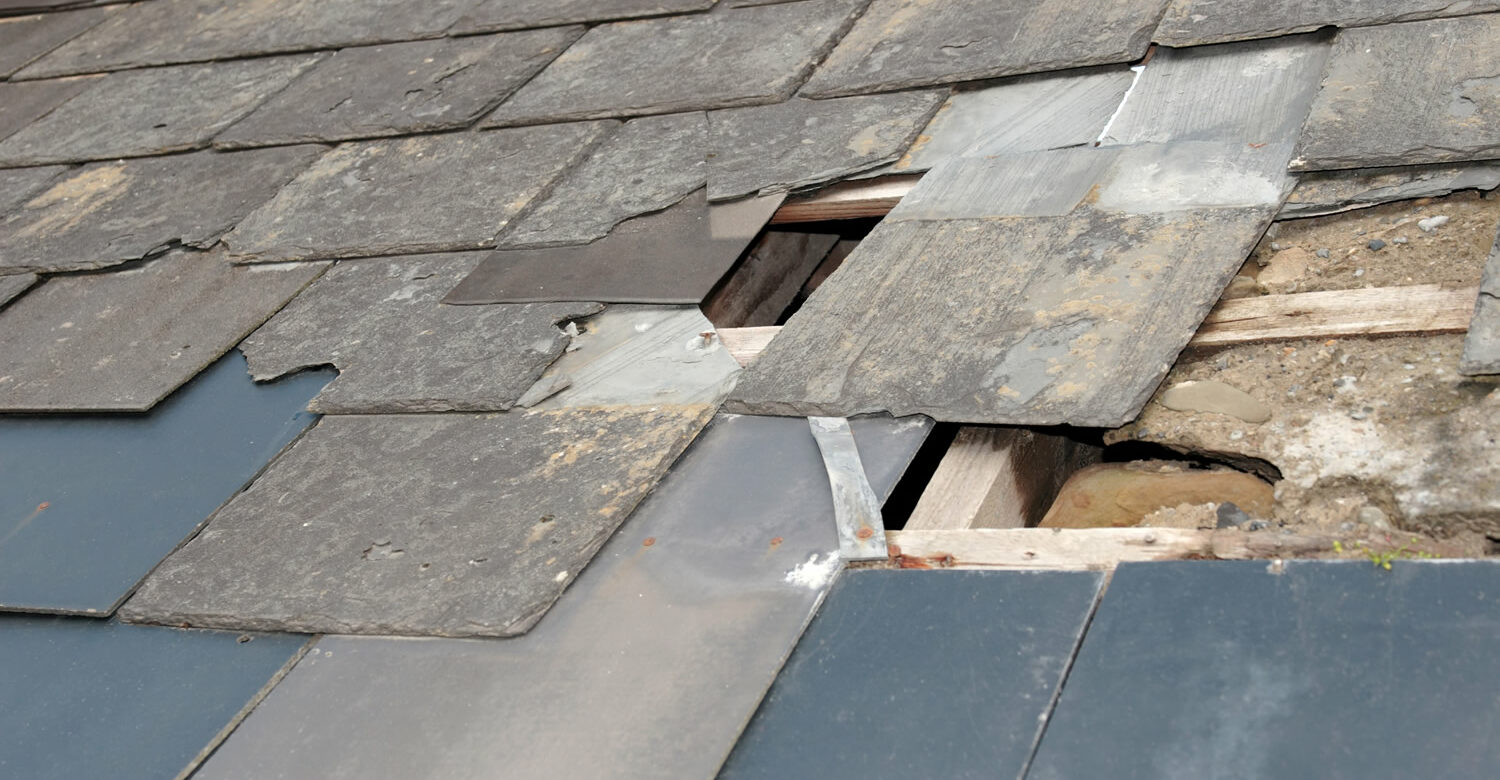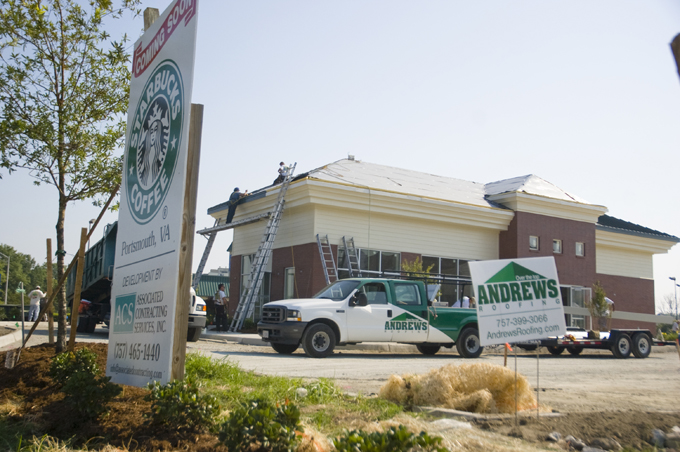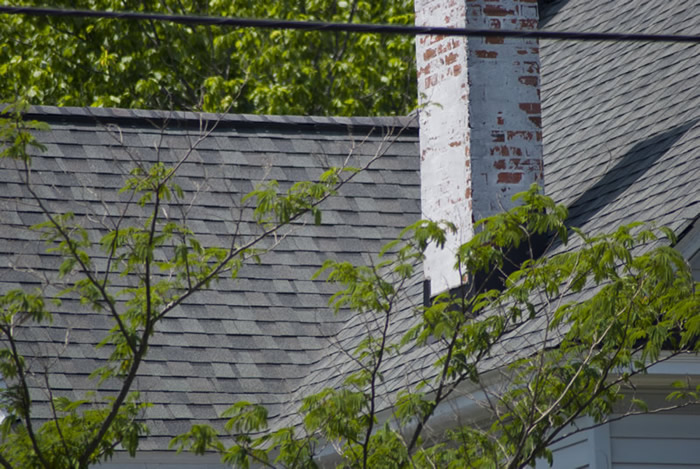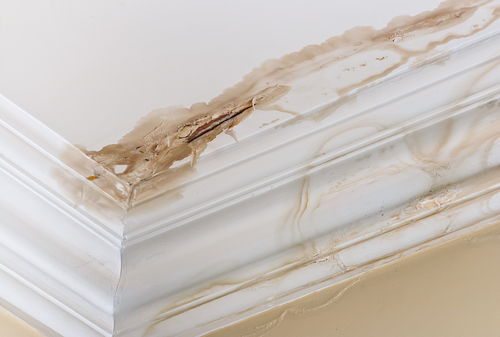How to know if your roof needs to be repaired or replaced?
Nobody wants to spend more money on a home improvement or repair project than they need to. So if you’re experiencing issues with your home’s roof, you may be exploring the options of repair versus replacement. There are plenty of situations where a simple roof repair is a safe and good option. But keeping long-term costs, appearance and durability in mind is also important in making the best decision.
How Do You Know if Your Roof Needs Work?
The first step to determining whether your roof needs any sort of work done is by being aware and vigilant about its condition. Particularly in hurricane and storm-prone areas like the Hampton Roads region, it’s important to keep an eye on any possible issues with your roof so that they don’t turn into much bigger issues in the middle of the next big storm. You can do this simply by visually inspecting it on a regular basis. If you clean your own gutters, that’s a perfect time to take a closer look at what’s going on with your shingles, flashing, and sheathing. Otherwise, grab a pair of binoculars and take a peek at your roof every month or so. The other place to inspect regularly is inside your attic. Don’t wait until there’s an actual leak in your home and damage done to your ceilings and walls. Identifying small issues early is the best way to make easy repairs and save money.
You may need a roof repair or replacement if you identify any of these issues during your inspection:
- There are obvious leaks or dark water spots on your ceilings or walls
- You are finding water or ice buildup in your attic after a heavy rain or snow
- You’ve noticed that some shingles look warped or have started curling
- Shingles are mildewed and/or deteriorating
- Shingles are missing from your roof
- Flashing is loose or missing
Should You Repair an Older Roof?
The first thing to consider is the age of your roof. Different types of roofing materials are rated for different lifespans. If your roof is nearing the end of its lifespan, it may make more financial sense to have it replaced rather than repaired. Much of the labor cost of roofing goes into the setup – scaffolding, equipment, hauling materials up and down, disposal of old materials – doing that several times over for small repairs can add up to the cost of a new roof fast.
If your roof is not within a few years of its lifespan, it may make more sense to consider a repair, depending on the size and impact of the damage. Replacing missing shingles or flashing or small roof deck repairs could do the job for a whole lot less. Keep in mind, however, that when replacing shingles, it may be hard or impossible for a roofing contractor to acquire the exact same material, so there may be slight color discrepancies in the new shingles.
When is the Damage too Big to Repair?
If the damage done to your roof is major, it is probably time for a replacement – regardless of the age of your roof. In the Tidewater Region we see this most often after major storm events. A tree going through a roof, widespread shingle loss and major water damage to roof decking all constitute a full roof replacement. Perhaps the one upside to situations like this is that they may be covered under a homeowners’ insurance policy, which means you should take the greatest advantage of your policy by having as much work done as is covered.
How Do You Choose a Residential Roofing Contractor?
There are a lot of things to consider when choosing a roofing contractor, but start by getting quotes from two or more companies. If multiple companies agree about whether a roof should be repaired or replaced you will be able to put your mind more at ease about your decision. If two companies disagree about the solution, bring in a third or fourth estimate for a consensus. Regardless of how many companies you call, make sure every one of them is licensed and insured. Read their reviews online and research their listing on the Better Business Bureau. Do your homework, ask around your neighborhood and see which companies have the best reputations. The cheapest option is not always the best and often in roofing, you get what you pay for.
How Andrews Roofing Can Help
Andrews Roofing has been working in the Hampton Roads area for decades. We are experts at roofing issues that are specific to this region. Our expertise means we can give you an honest, accurate assessment of whether or not your roof can continue to protect your home after experiencing damage. We take on jobs large and small and never pressure customers into more work than is needed. We are licensed, insured and proud of the reputation our work has earned. We’d be happy to provide you with an estimate for any repair or replacement your roof may need, so contact us today.
